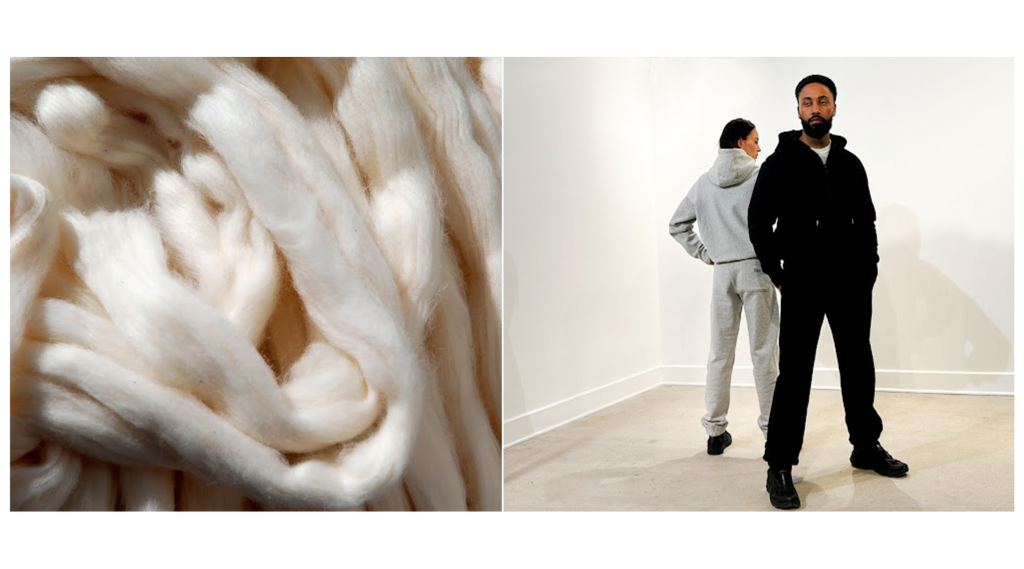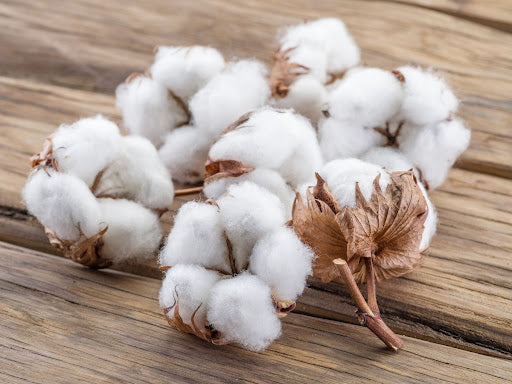
Cotton is a white, fluffy and biodegradable fiber that is spun into yarn and then weaved into a natural breathable fabric. Communities have tried to create easy cotton farming systems that will be the most profitable and efficient for the employers, forgetting to care about the ethical and the environmental aspects of their actions.
Farming cotton or cotton picking had been performed in unethical ways for many decades, causing damages that still weigh heavy in society to this day. By the 1850s, the southerner’s cotton or “White Gold” business was worth more than all American exports combined.(source) With its rising demand, the natural and ethical extraction of cotton became too slow and expensive to maintain for American entrepreneurs. Therefore, processes started involving poor conditions on workers and promoted the use of slaves, prisoners or bond laborers (people giving themselves into slavery as security against a loan or a debt) who would farm in extremely hazardous conditions for little to no money. At one point in the late 1800’s more than 1.8 million slaves were farming in American cotton fields.
In developing countries, the lack of regulation concerning the production of cotton enables entrepreneurs to adopt hazardous methods of work putting their workers in danger. This includes using use child labour in various stages of their production as well as using toxic polluting pesticides banned in America and Europe on their cotton farms.

Cotton farms are usually situated in arid conditions needing a high amount of water in order to grow causing a high level of water wastage that is linked to sea bassins drying up. In China, 70% of the rivers and lakes are contaminated by the 2.5 billion gallons of wastewater produced by the fashion industry. The water used in cotton production would be sufficient to provide India’s 1.24 billion people with access to approximately 100 liters of water everyday for a year! (source) Additionally, GMOs (genetically modified organisms) have been added to cotton seeds which make them unable to reproduce by themselves, imposing an added cost for cotton farmers to be able to harvest. In effect, GMO cotton seeds account for 89% of the cotton planted in India causing economical problems concerning its production.
Ethically cultivated or sustainable cotton becomes a great alternative to its history of pollution and unethical work conditions. The International Labour Organization has recently eliminated most cotton fields using forced labor in Uzbekistan. In 2018, 36 major brands such as Adidas, Asos, H&M and Burberry pledged to use 100% sustainable cotton by 2025. We now have platforms to help businesses trace their cotton such as Cotton UP and Good on You that verify origins and ethics of the cotton cultivated to create the garments we purchase. Unfortunately, sustainable cotton still accounts for a very small percentage of the sourcing of fabric for knits.

At BEDI Studios we use 100% sustainable cotton milled in North Carolina to create our Canadian-made knits. This assures fair wages for our community, the avoidance of toxic pesticides and regulating the water needed to create this natural fabric from white gold. Our heavyweight knits feature flatlock seam construction, double rib detailing and a plush feel. Made to last for years, they retain their shape and become supple after every wear and wash.
We encourage our community to stay informed on the source and sustainability of the cotton they buy. If you have any questions concerning the cotton we use for our knits feel free to contact us at contact@bedistudios.com.

















